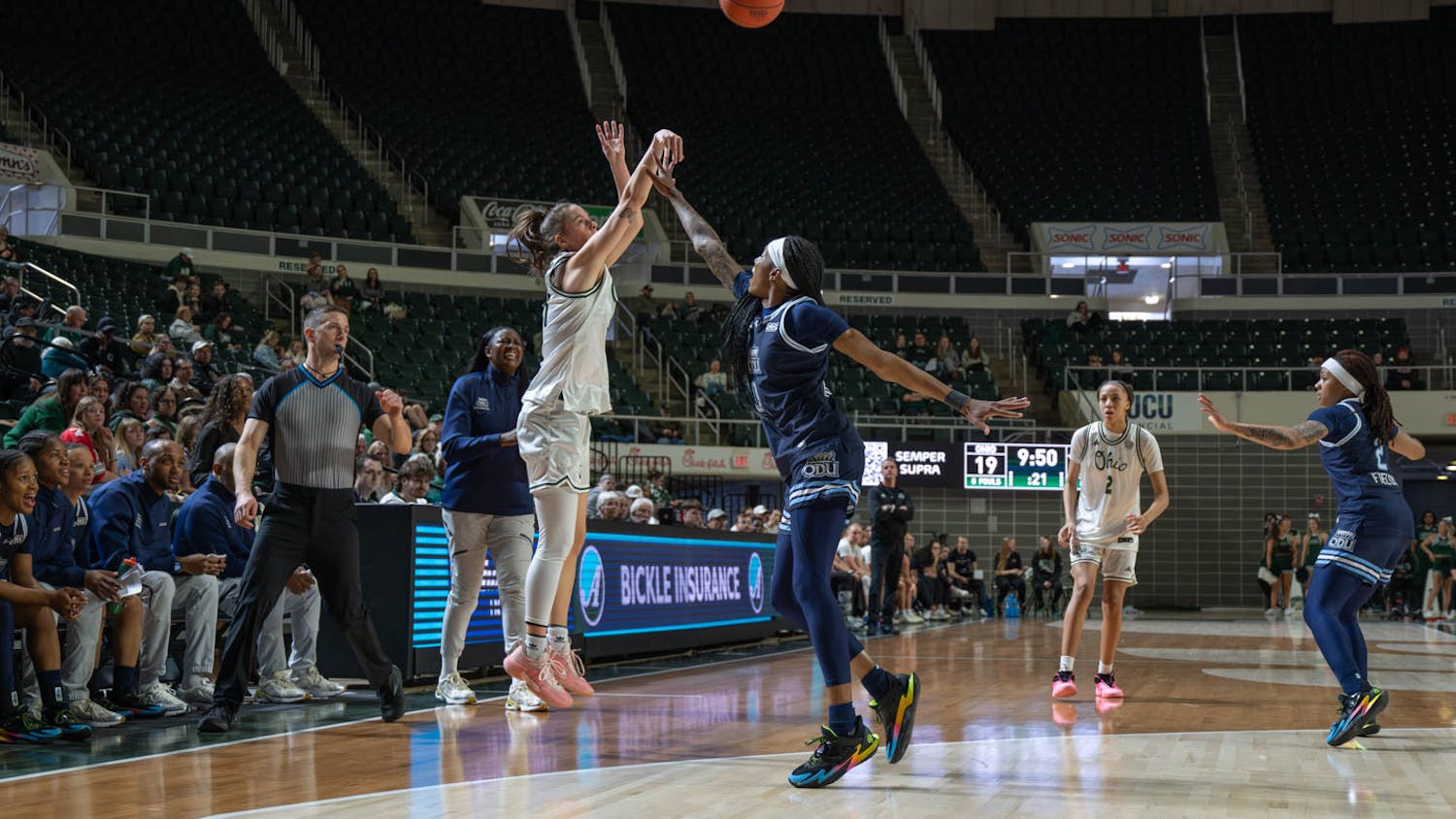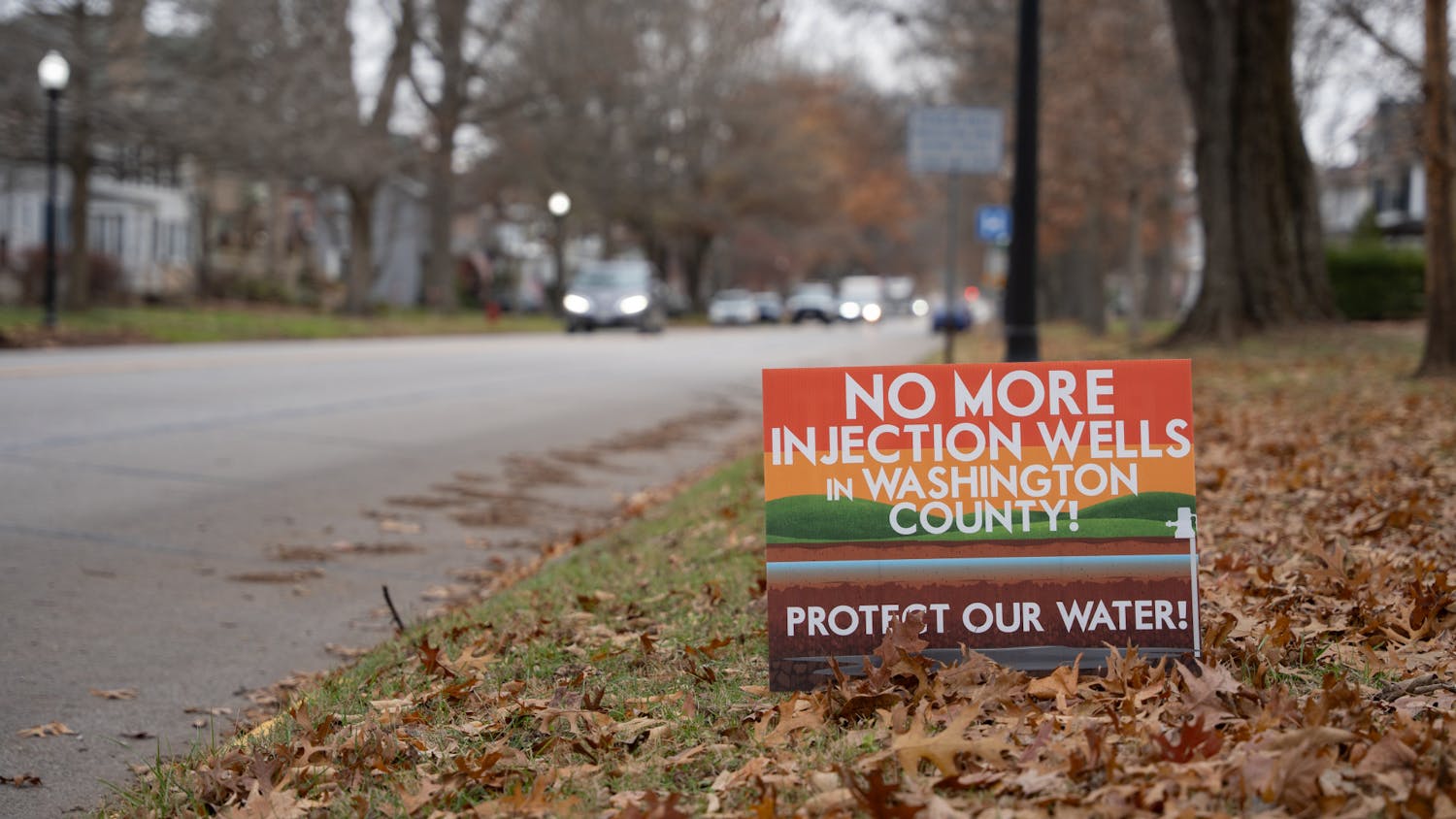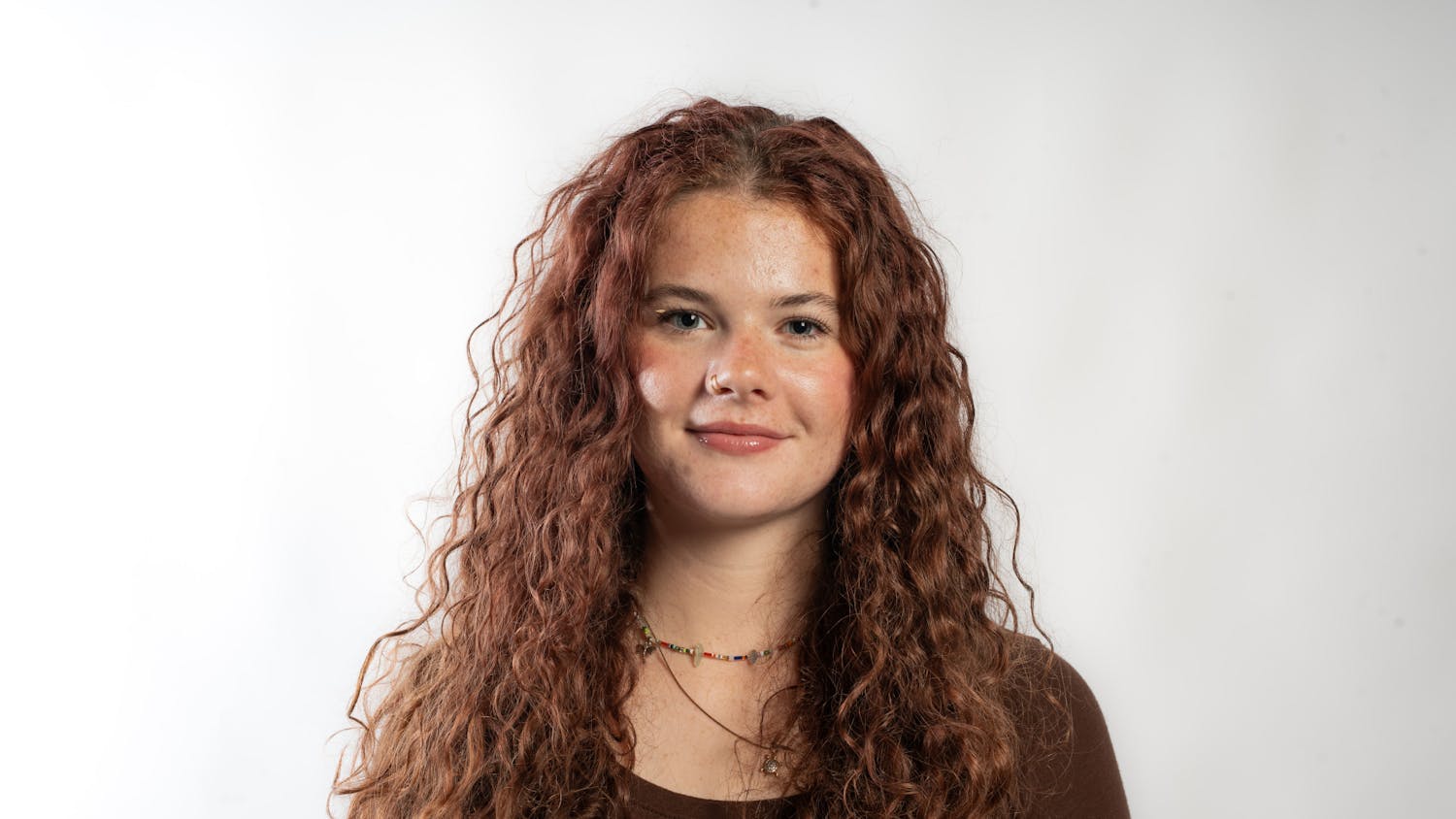For years, Clara Thornberry has dreamed of fostering a career as a romance novelist. In her opinion, romance is an important part of life, and healthy romantic experiences deserve to be celebrated.
“Nobody's relationship is gonna look the same, and I think that’s a very beautiful thing,” Thornberry said. “It makes me feel very happy to see people I know fall in love and be in a healthy relationship.”
August marks Romance Awareness Month; from novels to relationships, this month celebrates the importance of romantic experiences.
For Aimee Easterling, a writer, romance is a genre that has become more interesting with age.
“The more crazy the world and my life become, the more I'm drawn to romance novels,” Easterling said in an email. “The optimism, the simplicity, the focus on relationships and healing –– all of those factors make me feel good.”
As an indie author, Easterling has written both fiction and nonfiction. She starts out every series she writes with a couple in mind.
“The meet-cute (where the hero and heroine meet for the first time) is often the first scene that materializes while I'm brainstorming,” Easterling said in an email. “And a happily ever after is guaranteed!”
To Easterling, romance is important to her because it is a universal human experience. But both Thornberry and Easterling think the genre is often dismissed.
For Kelly Choyke, a women’s, gender and sexuality studies instructor, the cultural dismissal of romance novels is without good reason. Romance is just like any fiction genre.
“When you dig into it, it's really misogyny within the publishing industry,” Choyke said.
Thornberry grew up reading romance novels. When she got to college, she started viewing the genre in a new light through a feminist lens. Thornberry recognized that a lack of sex ed and problematic literature warped her views of sex and relationships, and the novels she read didn’t reflect her perspectives of sex and relationships.
“This idea of the way I look at people around me in relationships based off what has been (my) role models in movies and books — movies and books are not the best role models,” Thornberry said.
Romance as a genre, particularly in literature, has been around since the 1900s, Choyke said. At one time, romance novels were the only gendered literature available to women. Even then, romance was dismissed.
“It was just assumed that whatever men were reading, that’s what women should read,” Choyke said. “Women shouldn't read. The assumption in publishing was that there’s really no reason to look for female writers.”
Romance was also seen as low art instead of high art, like classical literature, but none of this history has affected the genre’s success. According to therichest.com, romance novels were the top-selling book genre in 2014.
“Romance becomes this embarrassing thing in the publishing world,” Choyke said. “It sells far more than any other genre, period. Nothing can compete. Publishing industries feel like it’s the shameful secret they've been hiding for decades.”
Romance novels come both with the good and bad. There is a lot that goes into the conversation surrounding romance novels and their impacts, but for Choyke, they are often empowering and encouraging stories for women in pursuit of their desires.
“The romance genre is one of the only spaces that female (identifying) individuals and groups can retreat to, and their identities are accepted, and they can’t be assaulted for their identities,” Choyke said. “The desires of women are the point of romance novels.”
Choyke has hope for the ever-evolving genre, as does Thornberry. It’s important for Thornberry as an aspiring writer to think about her personal notions of romance in a feminist context.
“I’d like to have a second career as a romance novelist,” Thornberry said. “But I have to ask myself how could I feasibly make that happen and still honor feminism and write from a feminist perspective?”






